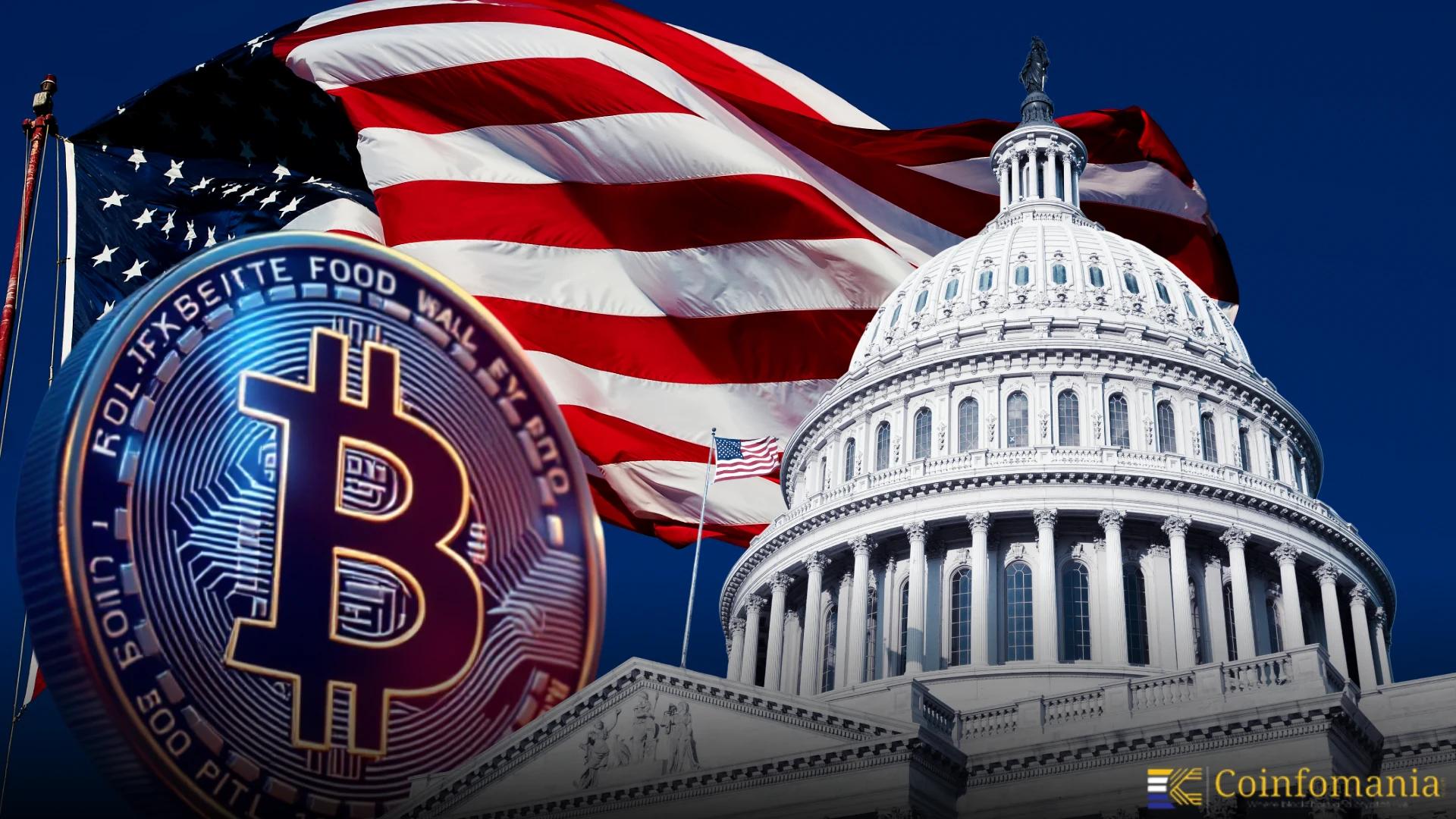US DeFi Restricted List Proposal Raises Concerns Over Innovation
US DeFi restricted list sparks concern as Democrats target risky protocols and may push projects offshore.

Quick Take
Summary is AI generated, newsroom reviewed.
Democrats propose a “restricted list” of risky DeFi protocols for US users.
Critics warn the rules could push projects offshore and stifle innovation.
The proposal includes KYC requirements and removes some protections for developers.
Experts urge lawmakers to balance regulation with blockchain innovation.
US lawmakers are planning new rules for decentralized finance (DeFi). According to Cointelegraph, many Democratic senators want to create a “restricted list” of DeFi protocols. These would be platforms that are seen to be too risky for Americans. The proposal has caused worry in the crypto community. Critics say it could hurt innovation and push DeFi projects to other countries.
🇺🇸 LATEST: US Democrats propose a 'restricted list' for DeFi protocols deemed too risky as a counter to the crypto market structure bill.
— Cointelegraph (@Cointelegraph) October 10, 2025
Critics warn this could "kill DeFi" and push projects offshore.
What the Proposal Means
The plan would allow the US Treasury to identify risky DeFi platforms. People using them could face fines or other penalties. Also, the proposal needs crypto apps to follow strict Know Your Customer (KYC) rules. Even non-custodial wallets could fall under regulation.
Moreover, the law could remove protections for developers. Lawmakers say that these steps are meant to reduce illegal activities and increase transparency. However, many in the crypto world believe the approach is too strict.
Strong Industry Backlash
The proposal has faced a lot of criticism. Crypto lawyer Jake Chervinsky said it “doesn’t regulate crypto, it bans crypto.” He added that it could undermine support for the CLARITY Act, a previous bipartisan bill.
Also, Summer Mersinger, the CEO of the Blockchain Association, warned that the plan could make compliance impossible for companies in the US. She said it might push developers and innovation offshore.
Why This Could Harm DeFi
DeFi platforms offer financial services without banks. They let people lend, borrow or trade directly using blockchain. However, these new rules could slow down this growth.
In particular, the “restricted list” could scare away investors. It could also make users hesitant to join new projects. For startups, the threat of fines or penalties could be discouraging.
Zunera Mazhar, VP of Policy at the Digital Chamber, added that the proposal is heavy-handed. She said that lawmakers should focus on real risks instead of punishing decentralization. Otherwise, the US could lose its competitive edge in blockchain innovation.
Future of US DeFi
If the proposal passes, it could change how Americans access DeFi. Many experts fear that it could push projects to countries with lighter rules. In turn, this might reduce the US’s influence in the global crypto market.
On the other hand, supporters argue that regulation is needed. They believe the rules would protect investors and prevent any illegal activity. They also say transparency will improve trust in the crypto space. Still, the debate is ongoing. Stakeholders continue to push for a balance between safety and innovation. The final outcome could shape the future of DeFi in the United States for the future years to come.
In conclusion, the US DeFi restricted list proposal shows the tension between regulation and freedom in the crypto world. While lawmakers aim to prevent risks, the industry fears that it could slow progress. As discussions continue, the US will need to find a path that keeps users safe without killing innovation.
Follow us on Google News
Get the latest crypto insights and updates.

